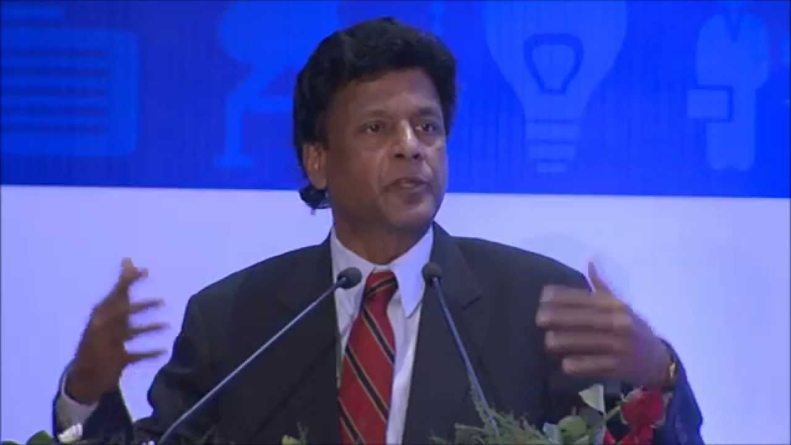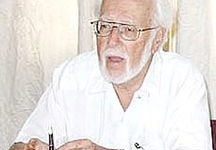Ready for constitutional change?
BY: RAVI DEV
After surviving the PNC’s latest assault on our Constitution – and the rule of law that undergirds it -maybe we can better appreciate the comment of BR Ambedkar, the drafter of India’s Constitution: “However good a Constitution may be, if those who are implementing it are not good, it will prove to be bad. However bad a Constitution may be, if those implementing it are good, it will prove to be good.”
But the British idiosyncrasy of an “unwritten constitution” reminds us that even with an abundance of the aforementioned “bad men”, and moreso without explicitly stated rules, they have not done too badly. There is hope. Upon examination, we see that the rules have to be embedded within, and be supported by a wider political culture that gives life to them in developing the wider network of informal traditions, accommodations, and informal pro quid quos that make stable societies function.
This is really the challenge for Guyana as we embark once again on trying to create such a system. Some have called for “Constitutional Reform”, and cognisant of the above cautions, this exercise should at least reveal the contours of the Guyana we aspire to create.
Prosaically, constitutions describe the allocation of state power among its various branches, as defined by the Constitution itself; prescribe the rules by which those powers would be conferred, and also include procedures by which the Constitution may be altered.
These rules, however, have to be embedded in what is called the “basic structure” of the Constitution, which adumbrates the values to which we, as a sovereign people, commit ourselves: democracy, equality and liberty.
In a fundamental sense, therefore, the Constitution is, or should be, the embodiment of a social contract crafted by (us), “we, the people”, for our governance. In a divided society like ours, it is critical that institutions created by the social contract are characterised by justice in their allocation of power, or they would be seen as illegitimate, and be contested.
“Constitutionalism” defines a political scheme in which law, rather than men, is supreme. Political authority is exercised according to law, which is to be obeyed by all, including the governors, who cannot depart from it by whim.
British Constitutionalism arose out of the struggle for personal freedom and escape from arbitrary political will, while Continental Europe focused more on the self-determination of each group.
After slavery, indentureship, dictatorship and racism, Guyanese should resonate with both these imperatives. We should also recognise, after our recent history, that our fundamental problem is in regard to the use and inevitable abuse of power; the challenge is to prevent that abuse and direct it to good ends. This notion is rooted in the fallibility of man: the belief that no man, or group of men, should be entrusted with absolute power over other men. This tendency to abuse is exacerbated when a country has groups that are racially or ethnically different, as in Guyana, since it becomes so much easier to demonise the “other”, and resort to extreme measures to assert one’s position.
The Constitution, as a social contract, defines Government’s legitimate political actions. This confirms that all state power emanates from the people, and that sovereignty and all reserved powers remain with the people.
Constitutionalism, then, is infused with the ideology of Liberalism, which views men as naturally free and rights-bearing individuals who need and establish governments that they can, may, and should control. in Guyana, we also belong to groups that bequeath identities that must be respected.
For Guyana, the rules of the political game must be structured to accomplish three tasks: Institutionalise moderation on divisive ethnic themes, contain the destructive tendencies, and pre-empt the centrifugal thrust caused by ethnic politics. While there will always be challenges, we have to state our democratic objectives up front, and choose institutions which may deliver them, and then incorporate those rules in our constitution.
The point, of course, is that effective constitutions have to originate in the fears, hopes and genius of our people confronting the exigencies of our circumstances. What we are proposing is that the democratic state all Guyanese hope for will not just fall into our laps; we have to self-consciously struggle to craft it, and then constantly monitor our adherence to its values.
We call upon the new PPPC Government to let the discussions begin – as promised.






















